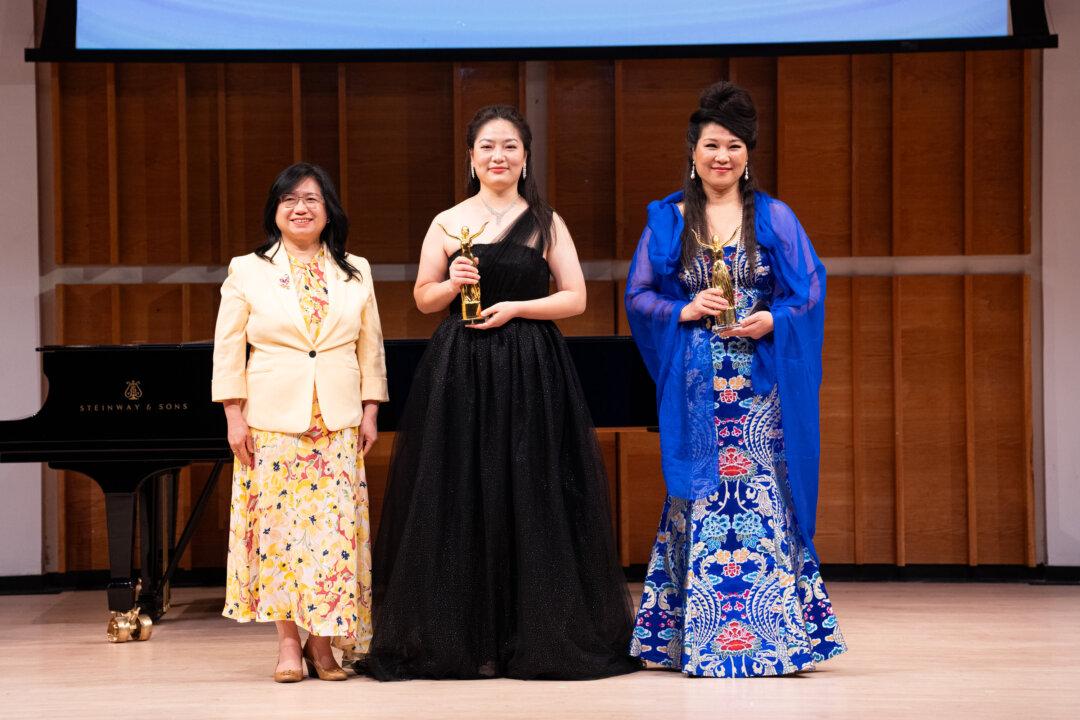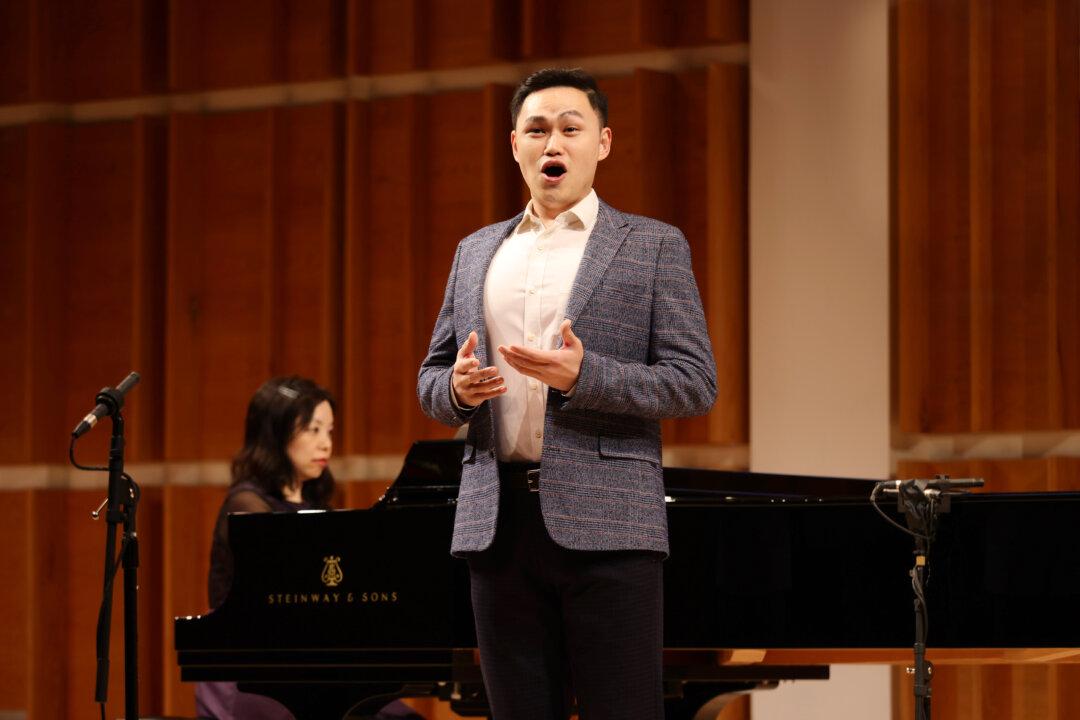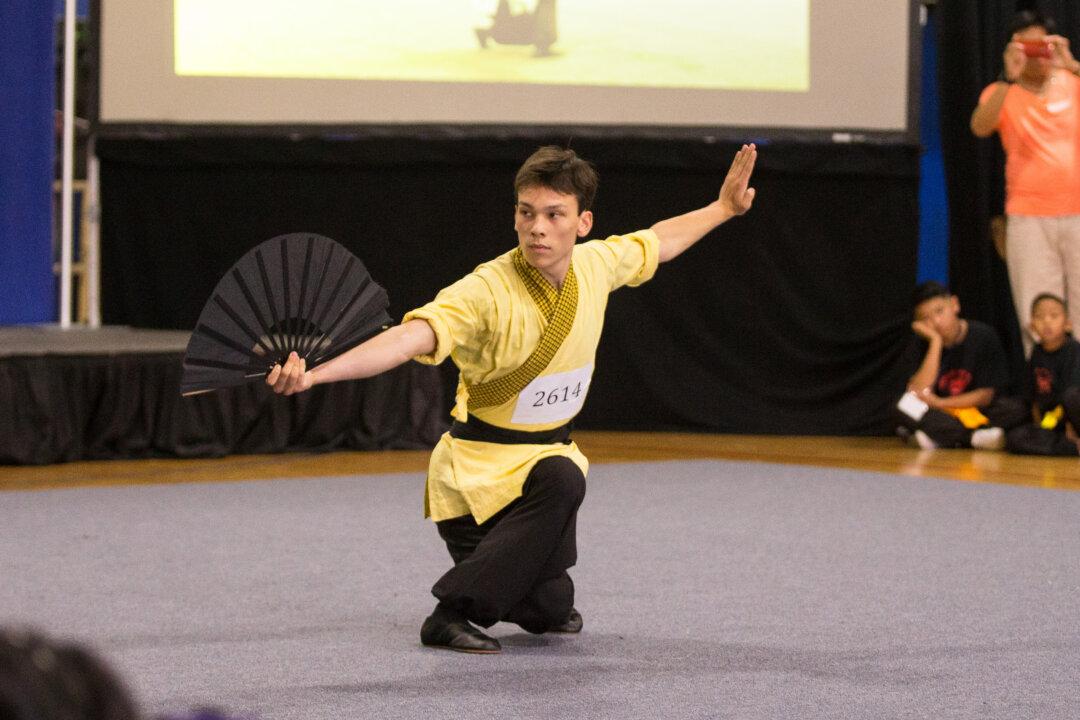Wukan, the community in southern China that made headlines five years ago when its democratically-elected leadership successfully stood up to higher authorities, is once again in political straits, the Hong Kong-based Initium Media reported June 19.
Lin Zulian, who was made head of the village commission and took part in the demonstrations against higher pressure during a deadly land dispute in 2011, was arrested on June 18 for allegations of corruption. In a televised confession two days later, he admitted to his crimes.
Many residents of Wukan, situated in the municipality of Shanwei, Guangdong Province, find the charges dubious and suspect that Lin’s confession may have been forced.
“Us villagers do not fully believe [the allegations,]” Mr. Huang, a local, told Financial Times. “This is a move by the higher authorities to suppress the land dispute.”
Land disputes are common and sometimes violent affairs in China, where local authorities come to the aid of powerful developers to seize the property of disenfranchised residents. But in Wukan in 2011, four thousand villagers demonstrated when the local government detained five residents and one died in custody, and successfully established a provisional executive council.






